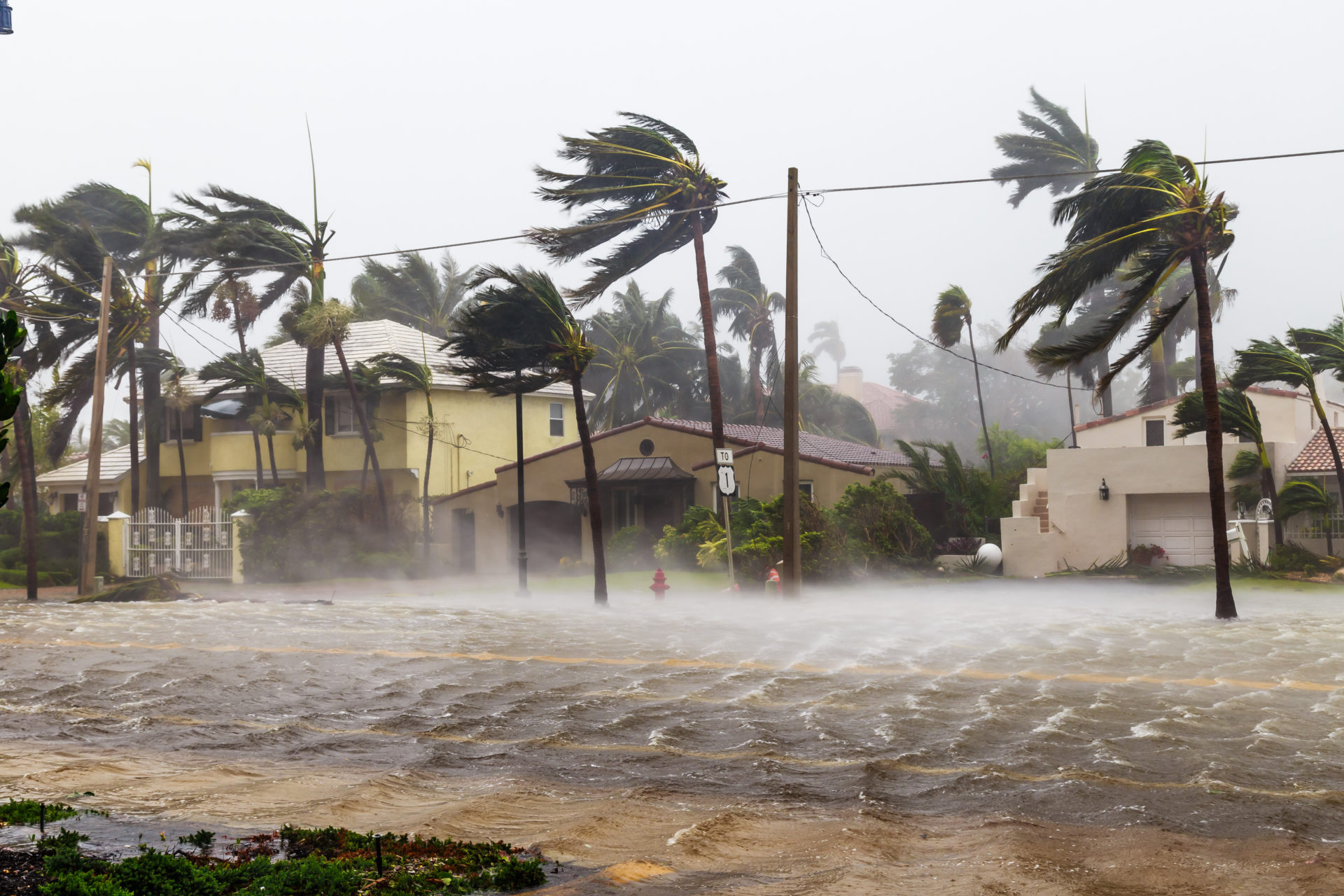
Hurricane season poses significant risks for businesses, especially in coastal regions. From property damage to supply chain disruptions, failing to prepare can lead to costly setbacks. Developing a hurricane preparedness plan for businesses is the first step. This should include securing physical property, backing up critical data, and establishing a clear communication system for employees and customers.
Protecting Assets and Operations
Businesses should review insurance policies before hurricane season to confirm coverage for flood, wind, and business interruption. Physical safeguards such as storm shutters, backup generators, and secure storage for essential equipment can help minimize damage. Having digital copies of key documents and ensuring remote access for staff can also keep operations running during recovery.
Watch Out for Post-Hurricane Scams
Unfortunately, natural disasters often attract fraud. After a storm, scammers may pose as contractors, relief organizations, or loan providers offering quick recovery funds. To avoid hurricane recovery scams, businesses should verify contractors’ licenses, check references, and never pay in full upfront. When seeking financial assistance, only work with reputable lenders or government-backed programs such as the Small Business Administration (SBA).
Leveraging Disaster Relief Resources
After a hurricane, businesses may qualify for disaster relief loans, grants, or tax extensions. Local chambers of commerce, FEMA, and SBA disaster loan programs are reliable resources for recovery financing. Utilizing legitimate support can provide the capital needed to rebuild while protecting your company from predatory lenders.
Conclusion
By creating a business hurricane preparedness plan and remaining vigilant against scams, companies can safeguard assets, protect employees, and accelerate recovery. Preparing before a storm strikes not only minimizes losses but also ensures long-term resilience in hurricane-prone areas.
